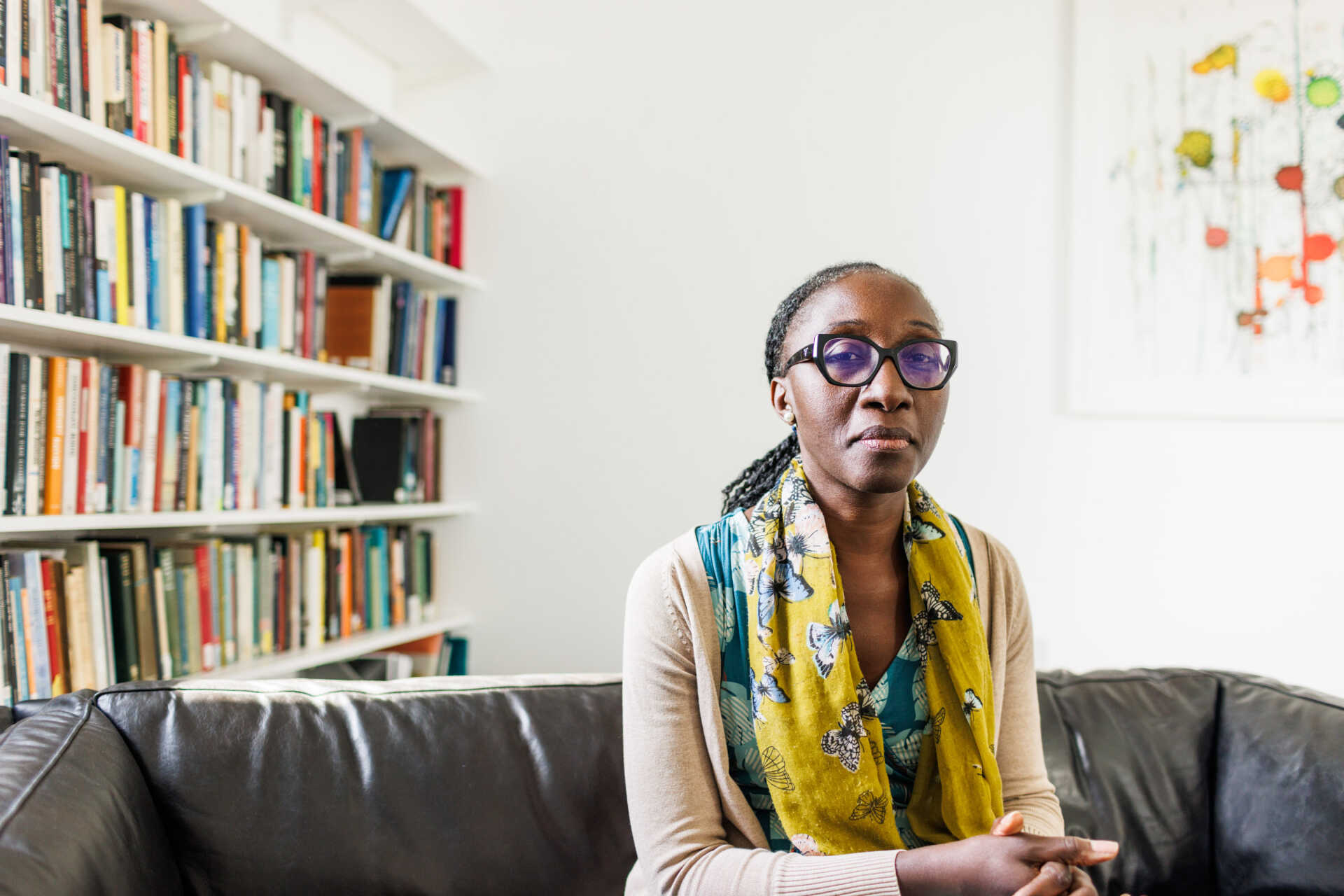
Kent academic Dr Bridget Ng’andu combines her passion for research and teaching with her passion for social justice. Whether talking to today’s social workers or teaching tomorrow’s, her hope is to create a culture where the powerless have a voice.
In 2014/15 Bridget Ng’andu was teaching social work at Ruskin College and watched as the numbers of people migrating to Europe began to rise. As a social worker, she had worked with many unaccompanied young asylum seekers so understood the human stories behind the headlines. With the skills to help, Bridget and a colleague decided to go to Calais to offer support to young asylum seekers, the first of many trips.
On her visits to Calais, Bridget found that many of the volunteers were practising social workers and wanted to understand why. In 2017, she joined the University of Kent, attracted by the research taking place there and the opportunities that might offer for her own work.
The hope is that this research will eventually lead to changes in attitude and policy, but Bridget believes educating students could have a more immediate impact on practice. “At Kent, we embed issues around working with asylum seekers and refugees in our UG and PG courses. Giving students a better understanding of how to work in this area will help them in their own practice and hopefully make it easier for colleagues to discuss the issue. Leading on this gives me a chance to have a really positive impact and that is very rewarding.”
Bridget’s research is supported by Kent’s Migration and Movement signature research theme, which has also supported Refugee Tales. This project has been giving refugees and asylum seekers a voice since 2015 by publishing their stories and organising an annual walk where refugees and supporters walk and talk. Kent’s engagement led to the University hosting The Walk, featuring the 3.5m tall puppet Little Amal (pictured right), which highlighted the urgent needs of young refugees.
aims to expand understanding of migration beyond the movement of people, to include the migration of pathogens, monies, technologies, cultures, scriptures, coffee, drugs, medicines, labour, and ideas.